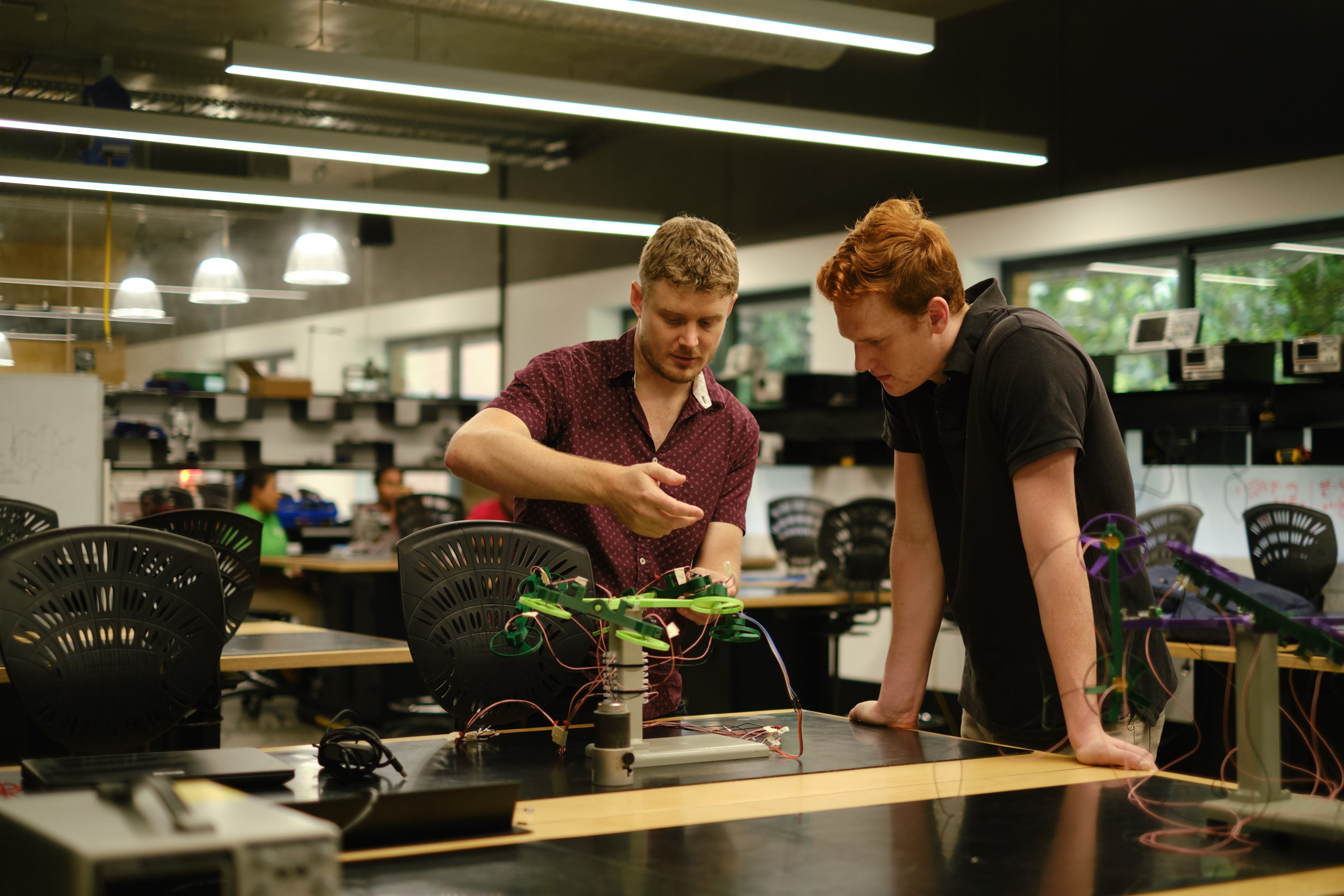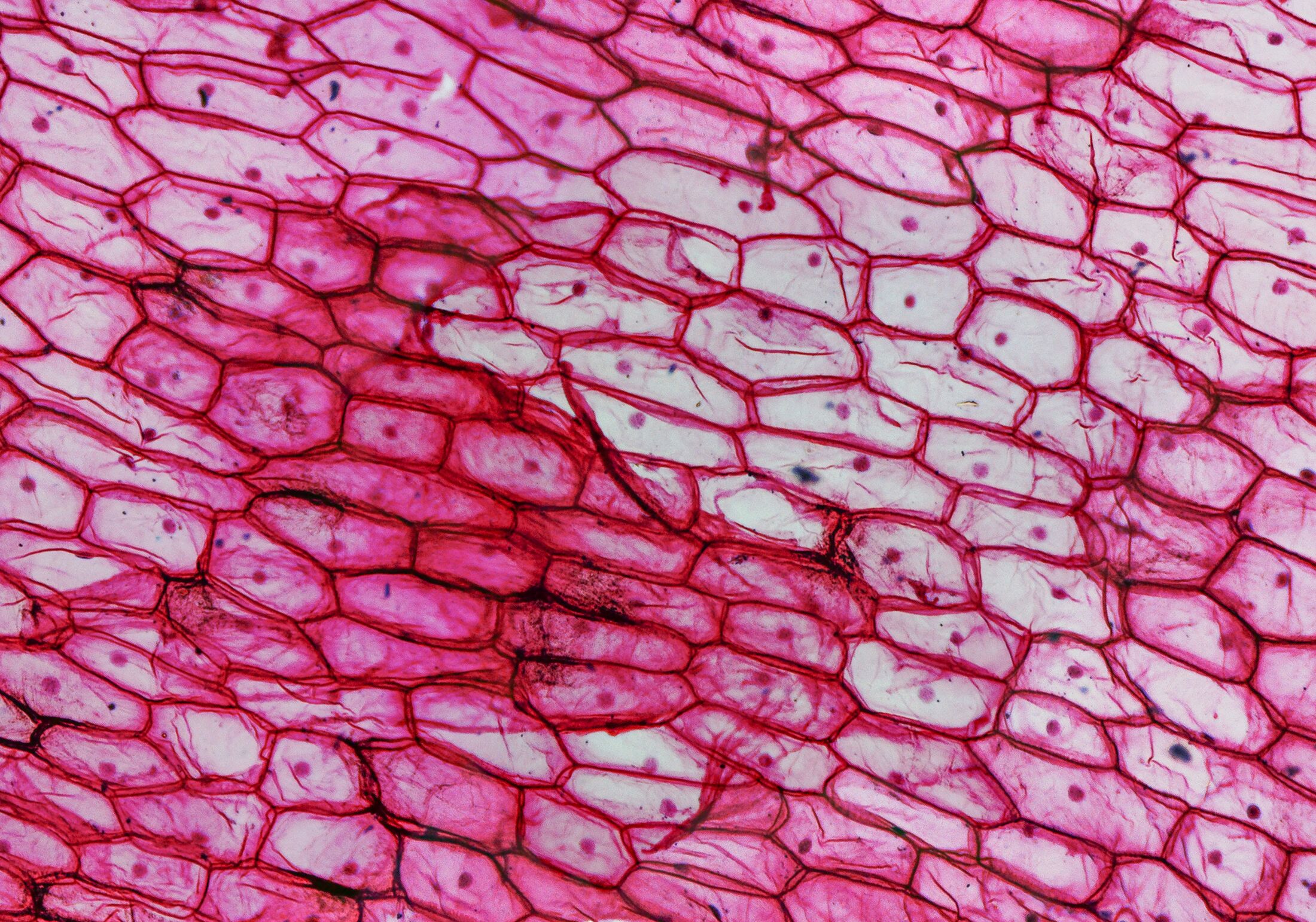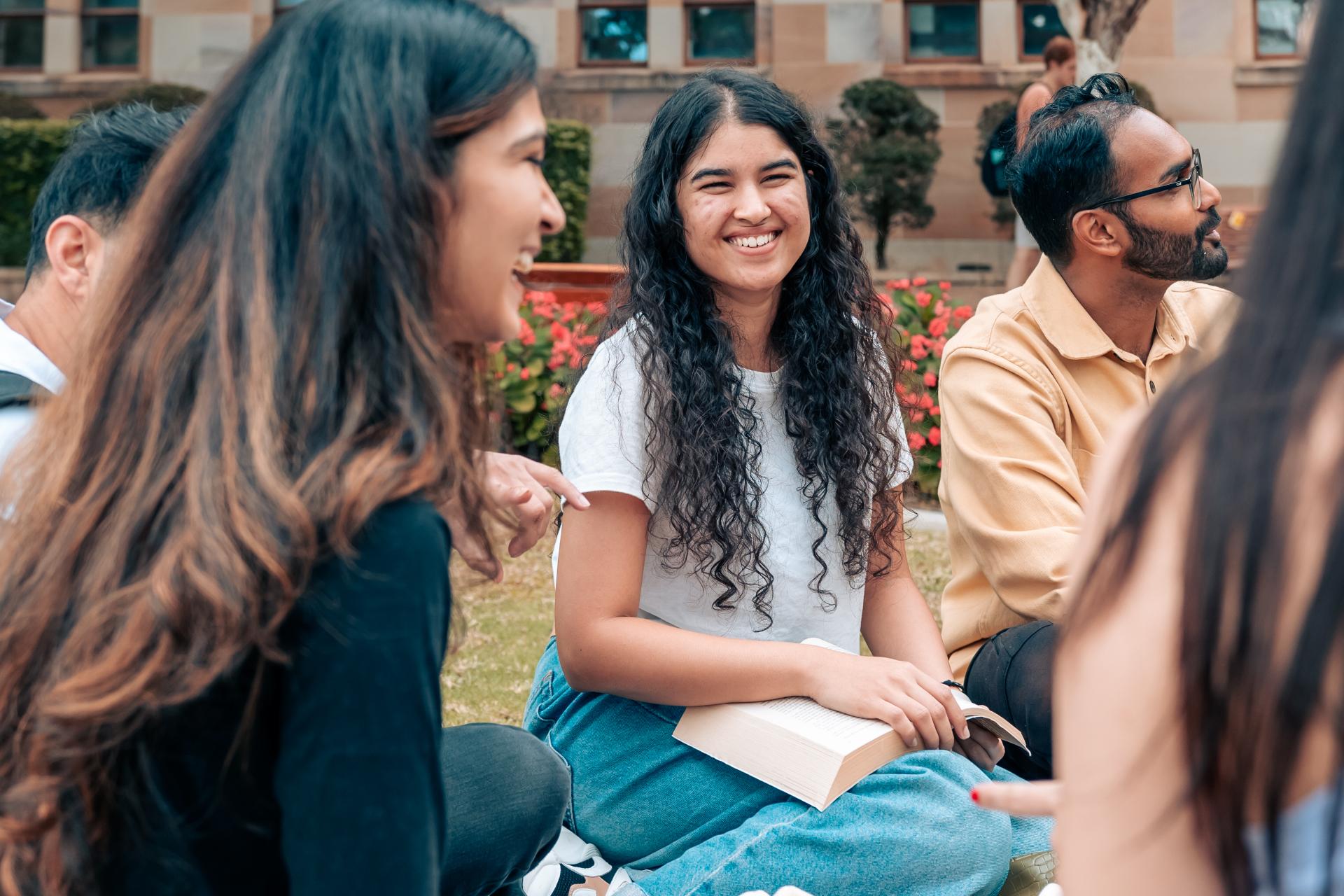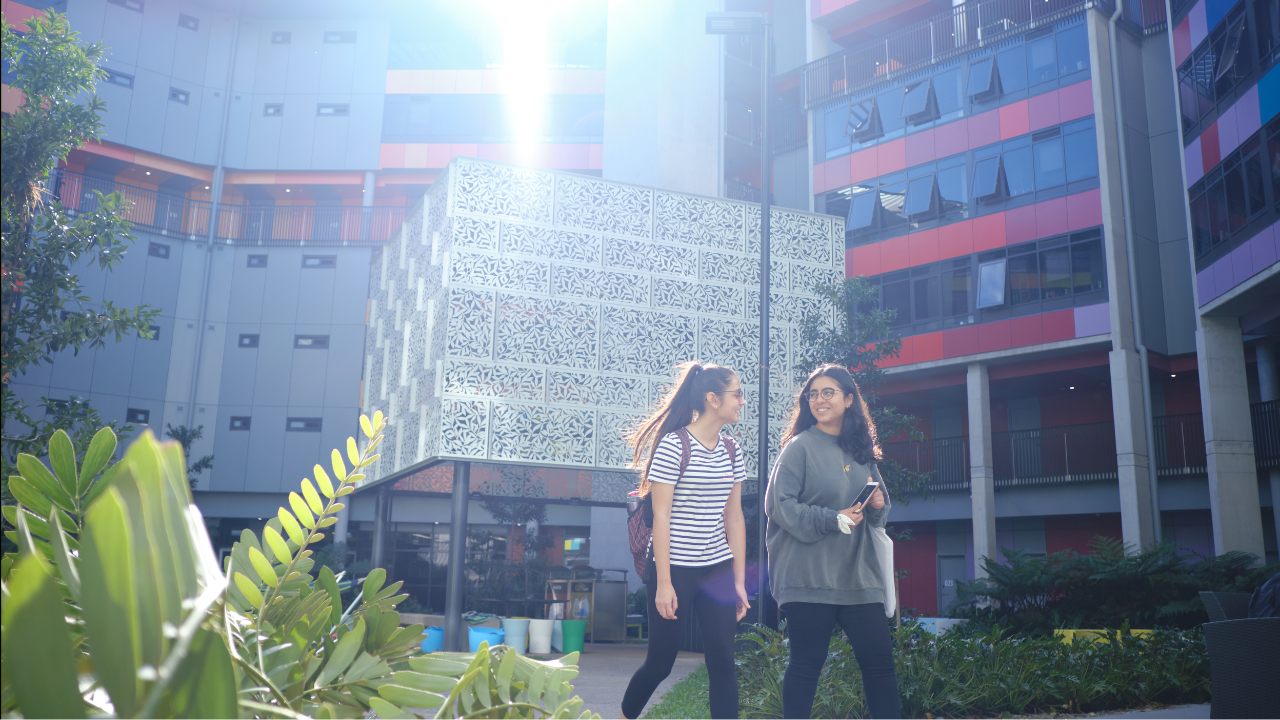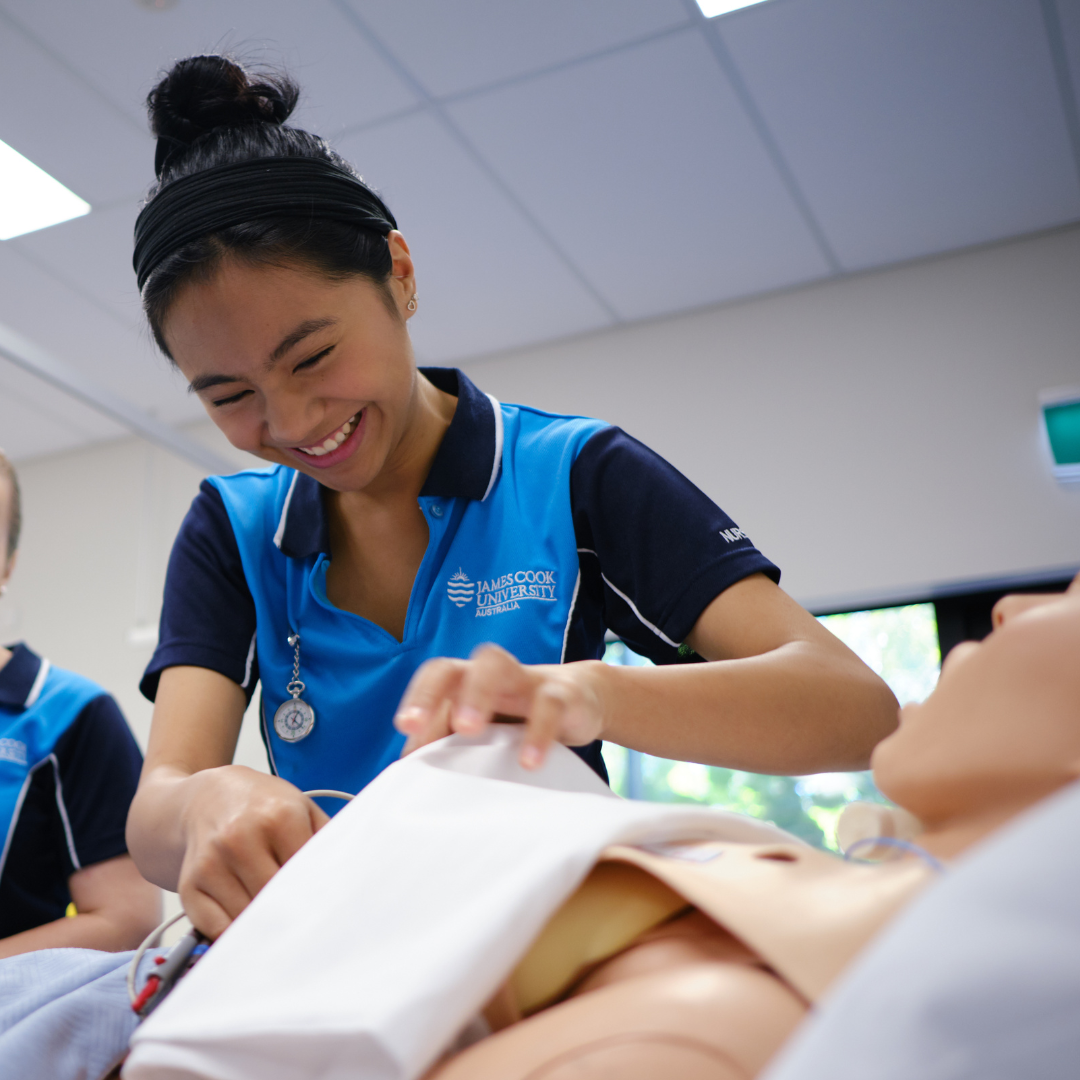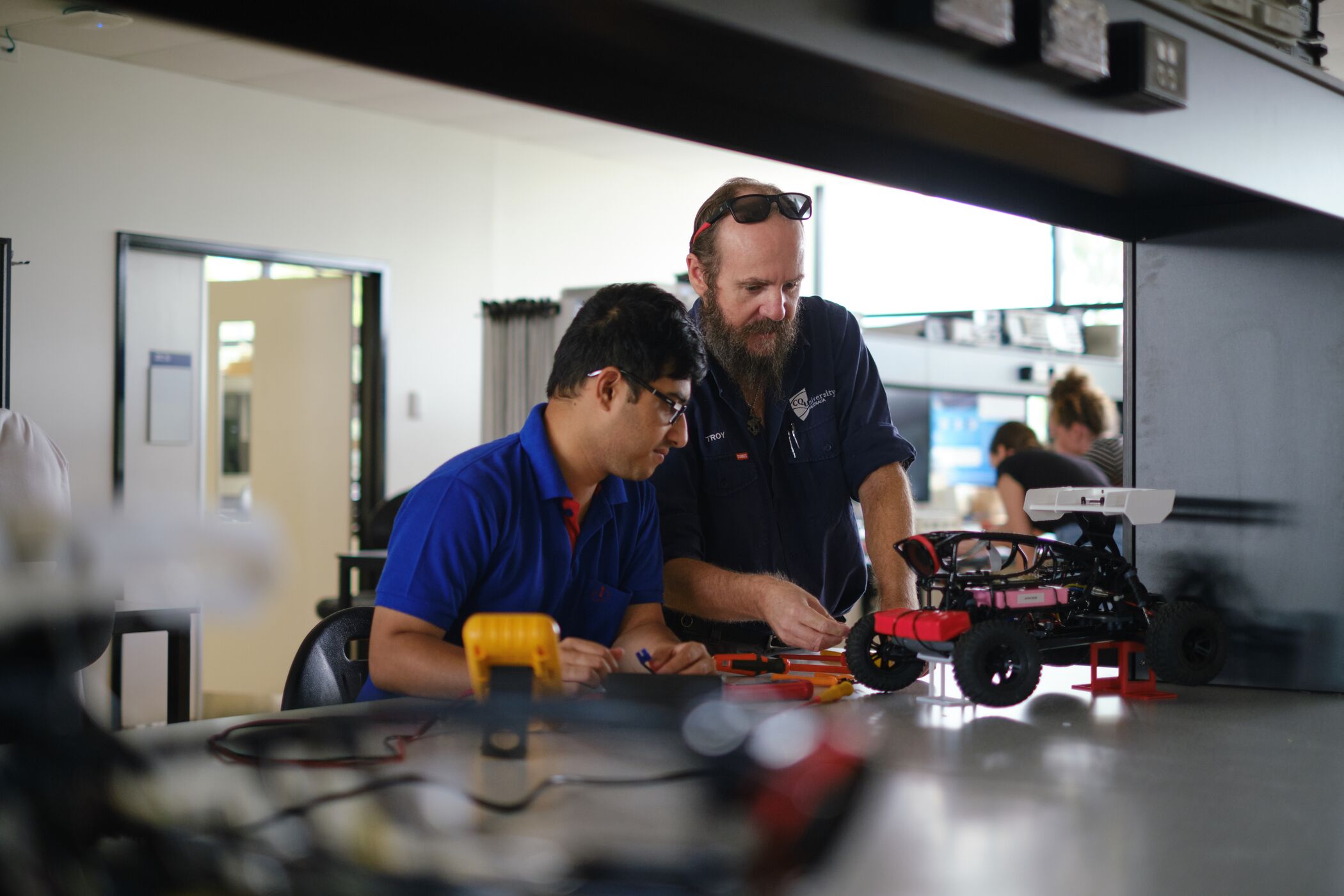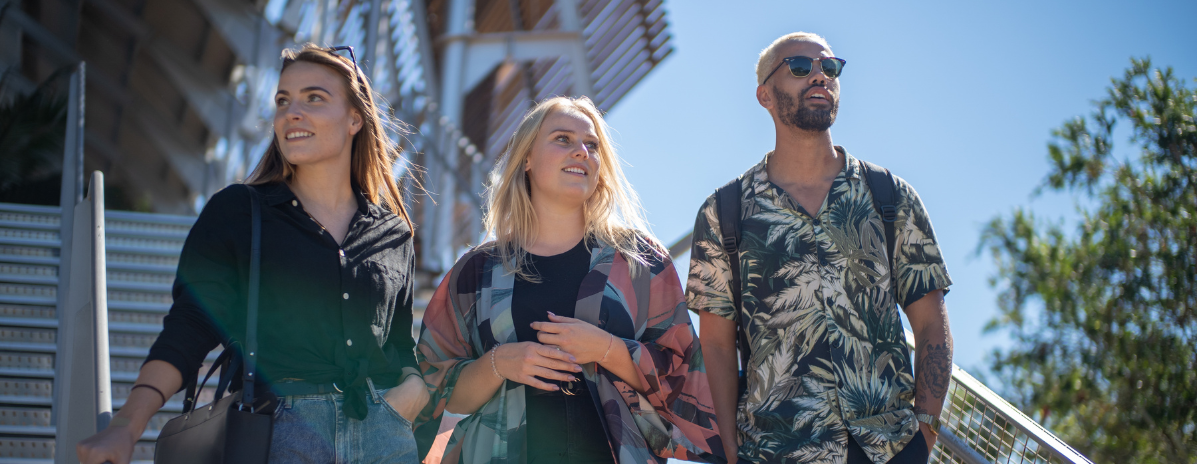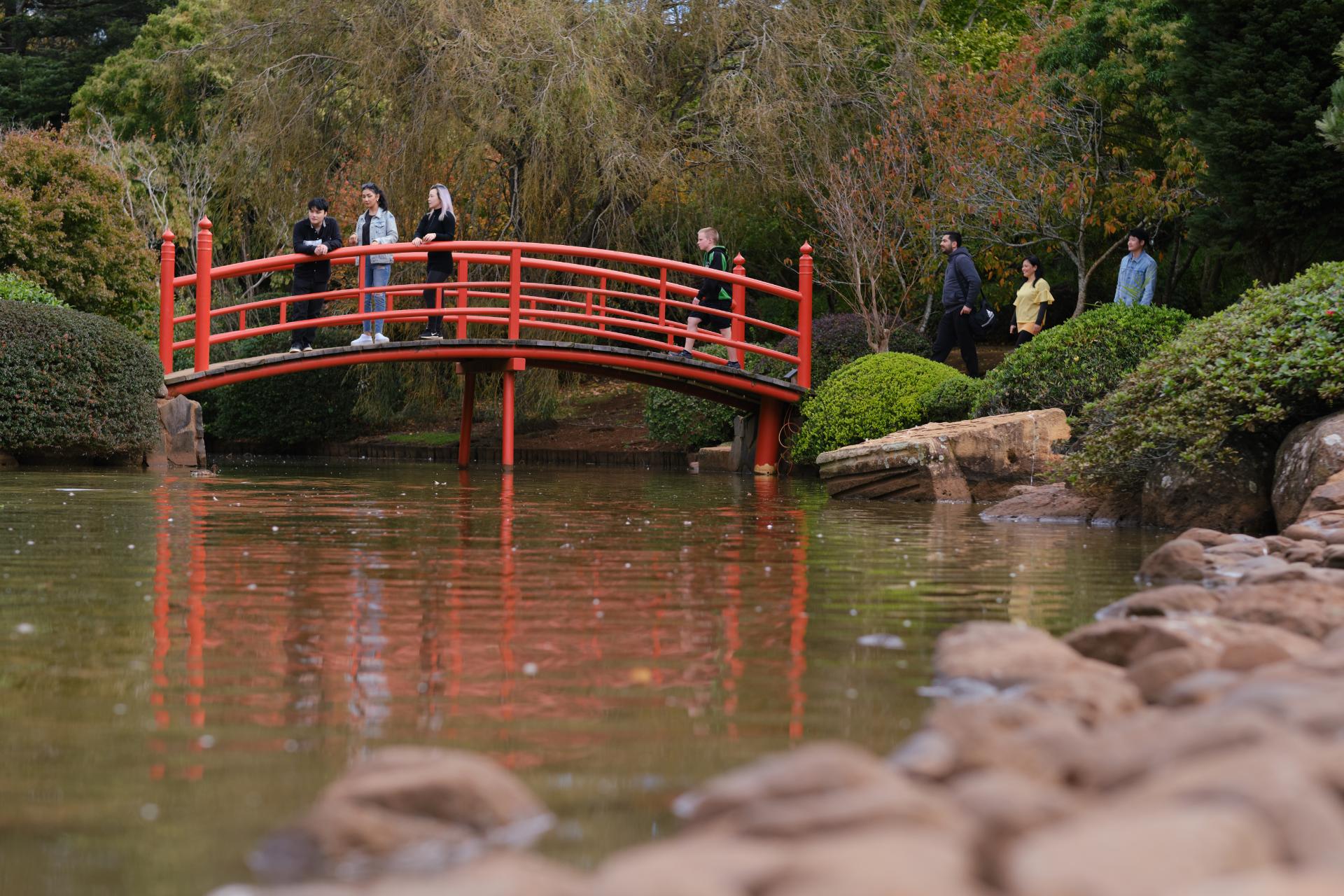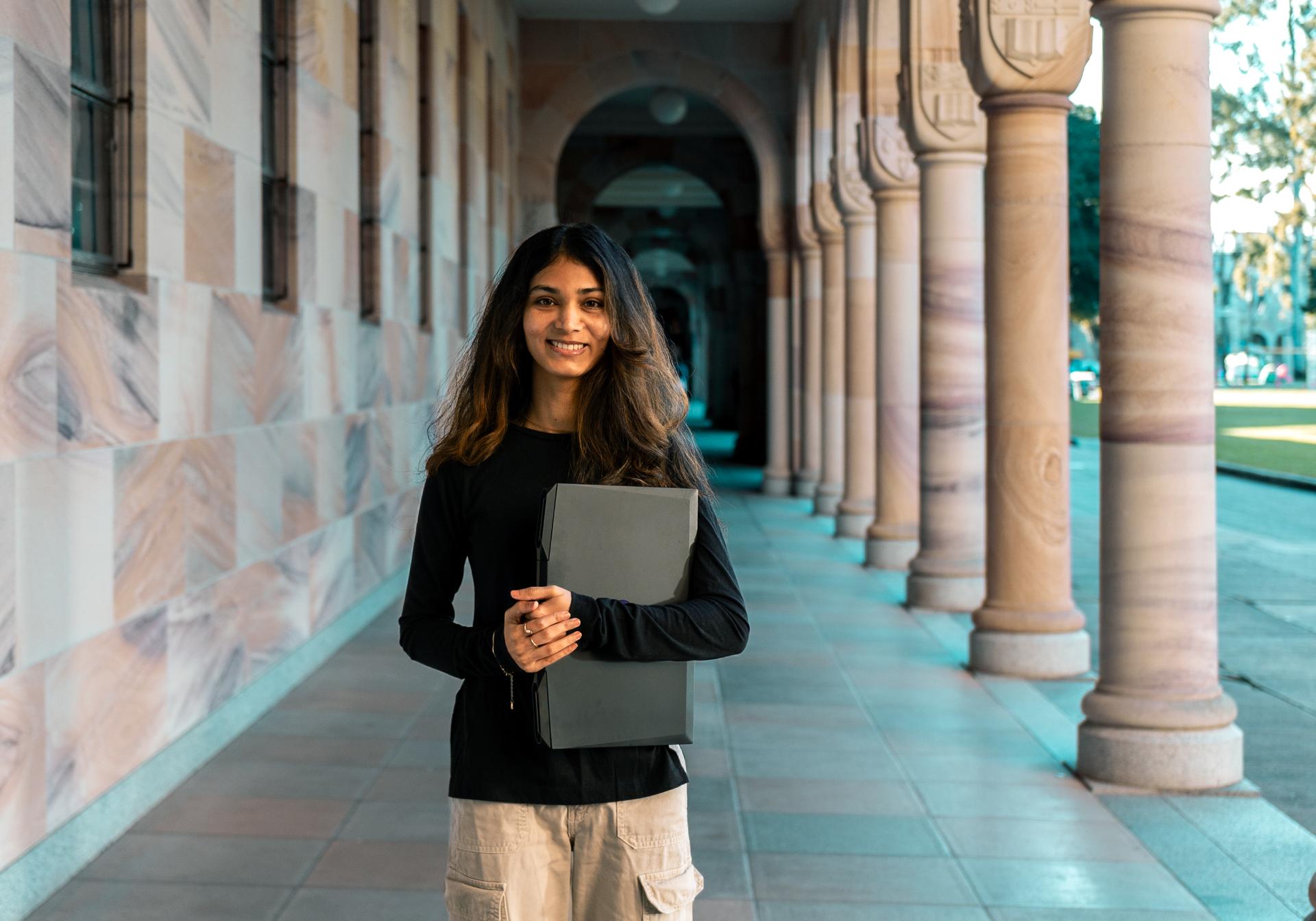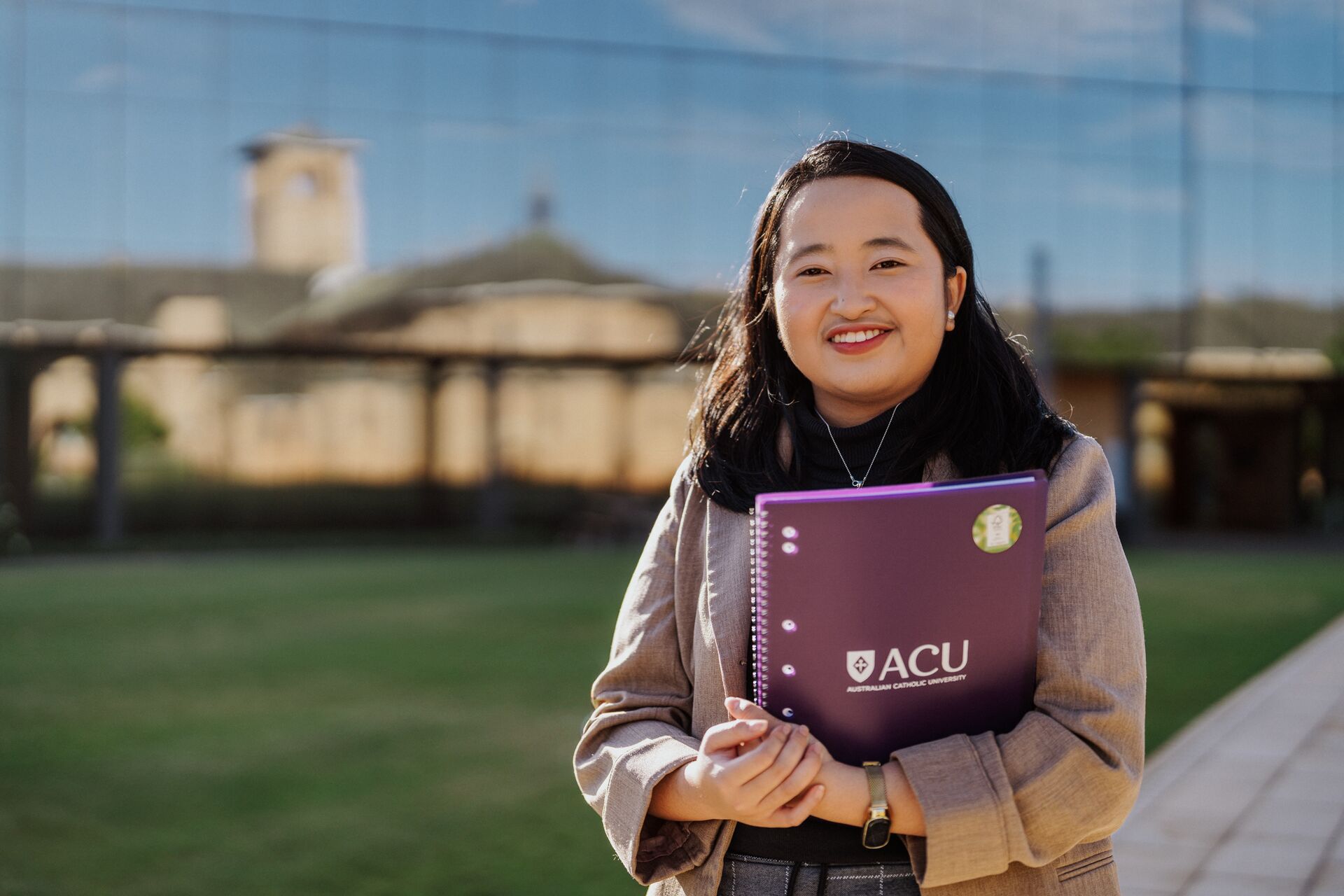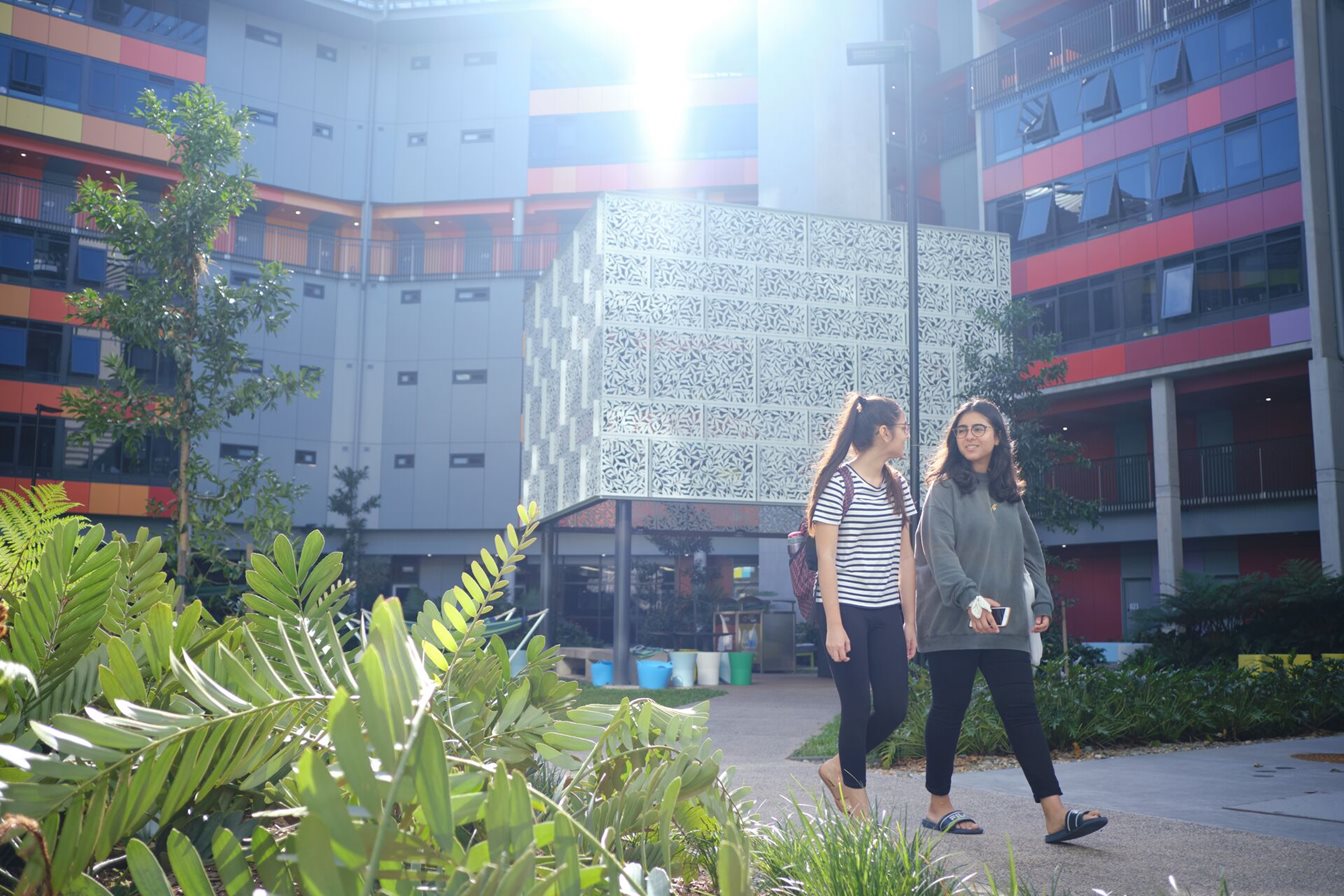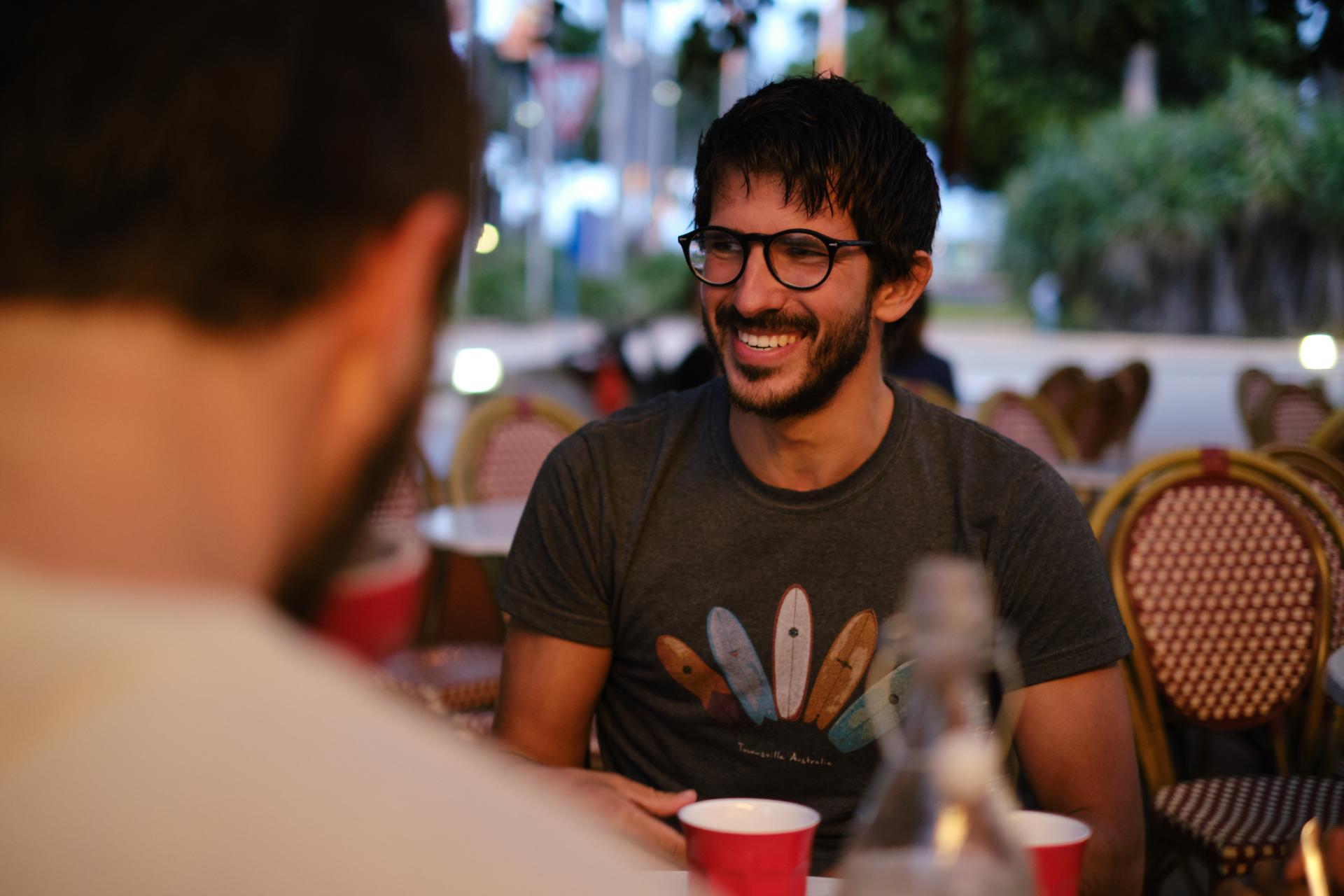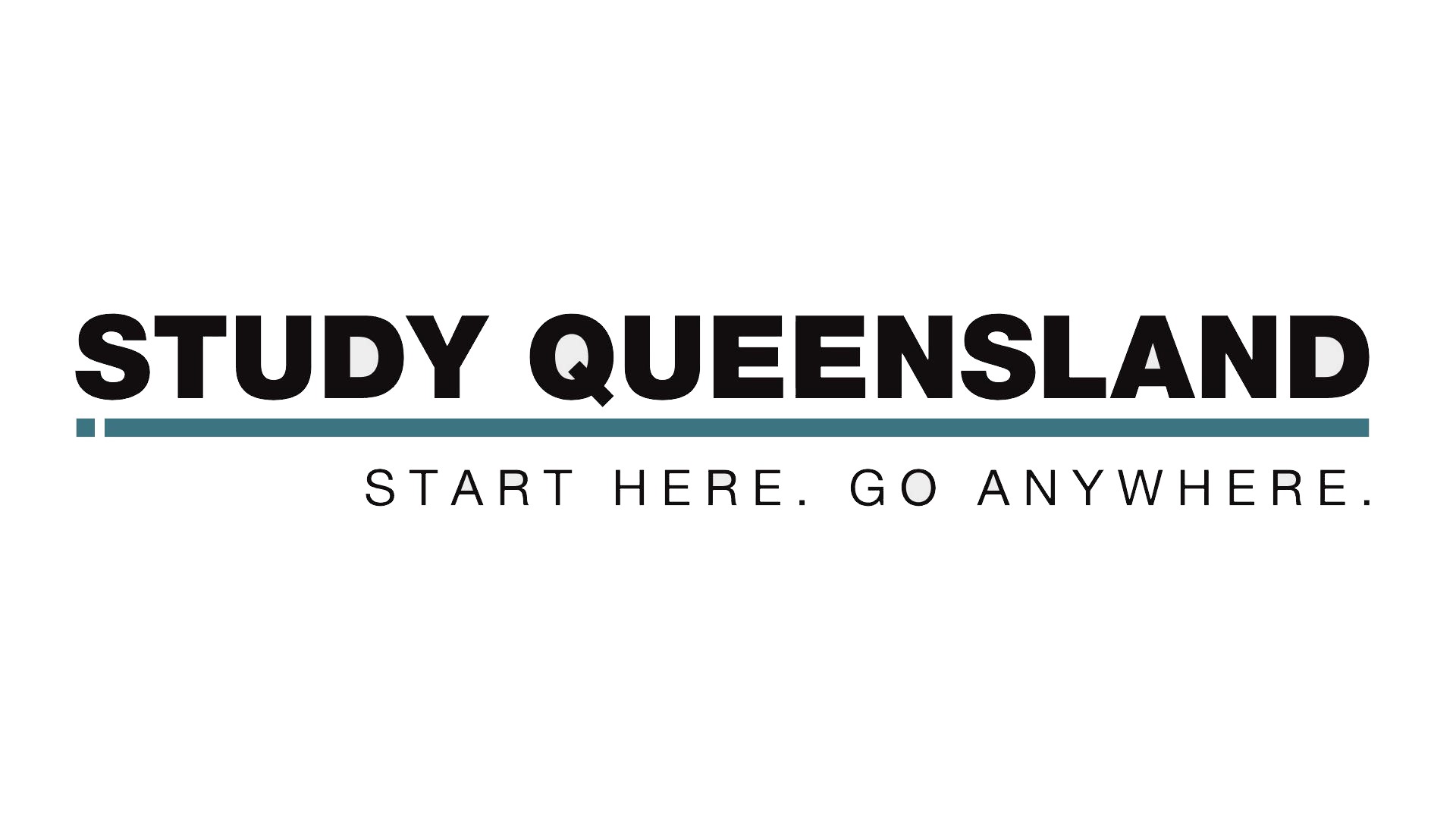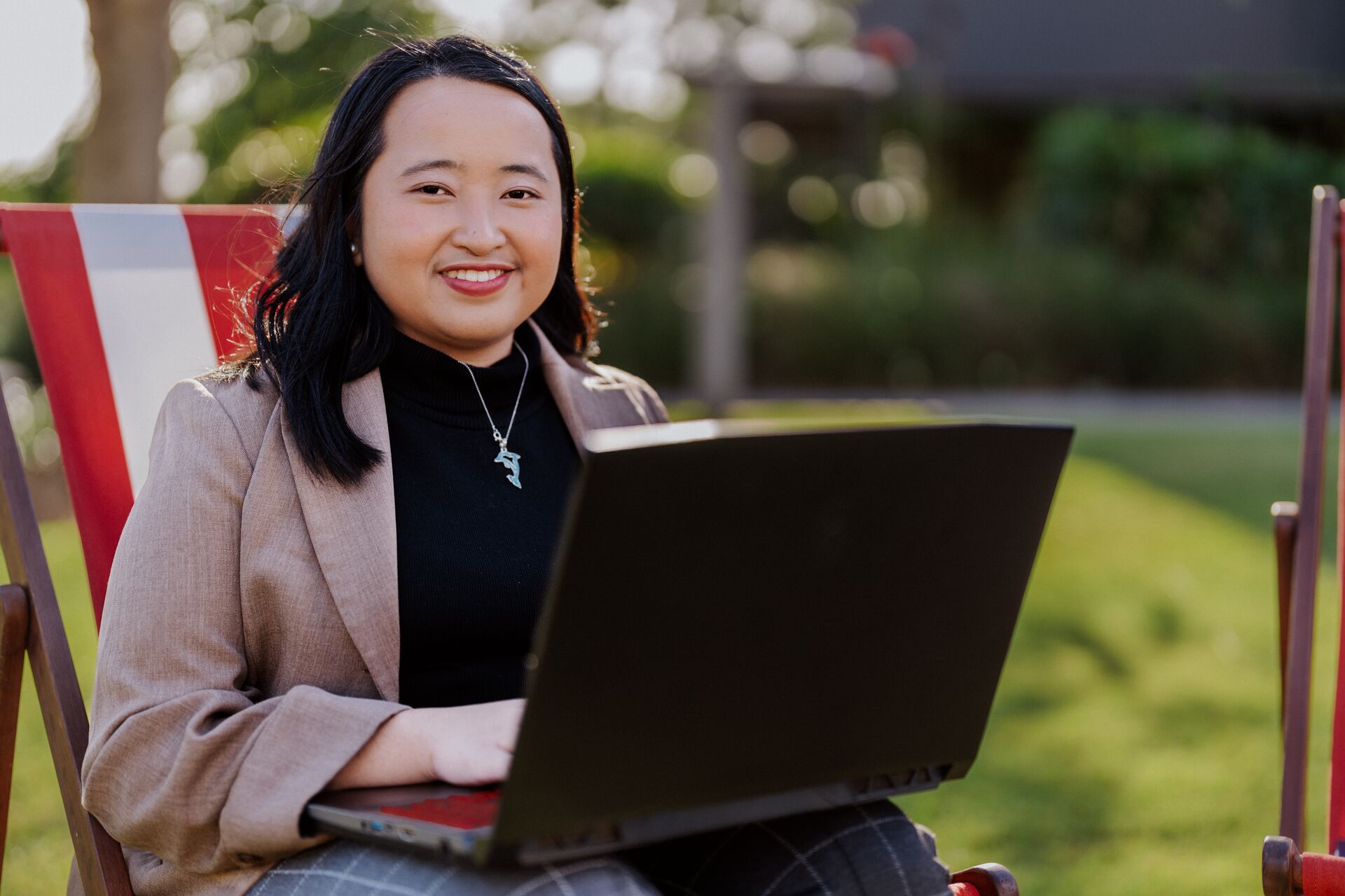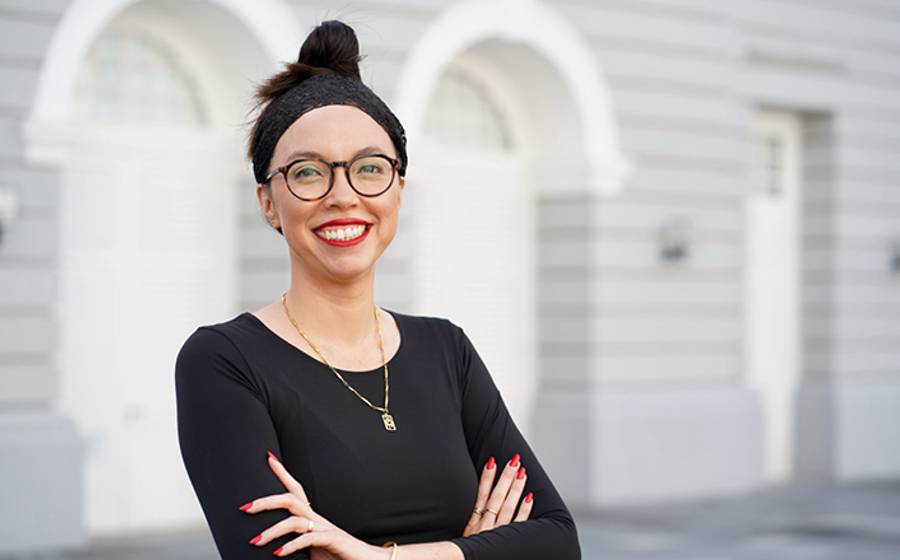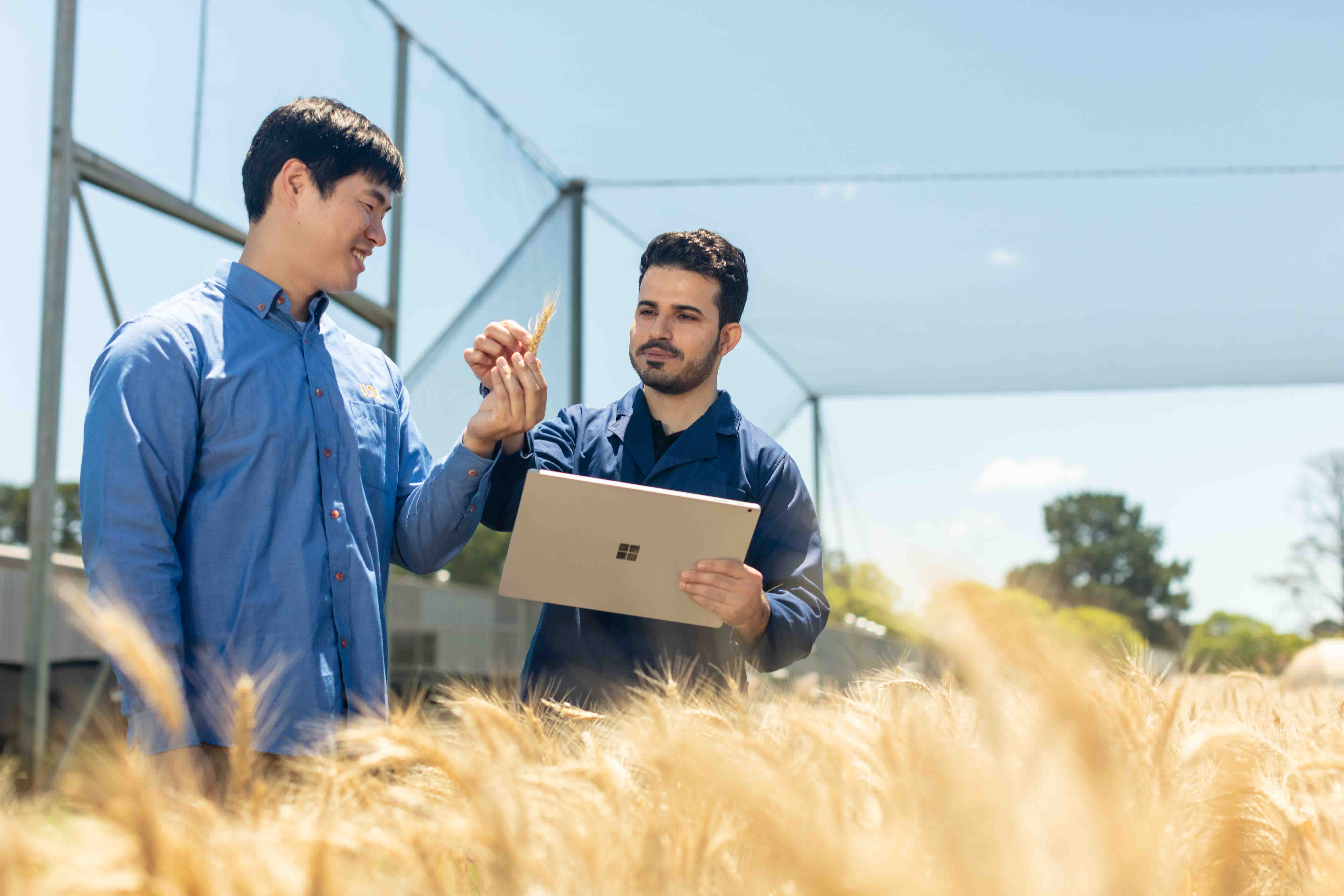Queensland schools are synonymous with high quality teaching, a diverse and inclusive student cohort, as well as vast opportunities to earn a quality education. Following the exceptional Australian curriculum for schooling, you can expect you or your child to get access to a high standard of education and award-winning programs, with students at Queensland schools gaining the skills and knowledge they need for future success.
From prep to secondary education, Queensland’s school system is set up to nurture and develop every student’s potential in a supportive learning environment.
Fostering a higher standard of learning
Schools in Queensland are committed to excellence in education, always with a student-centred approach to learning. There’s a wide range of programs and subjects that cater to diverse interests and abilities, as well as highly invested teachers sharing their knowledge in state-of-the-art facilities. Modern schools also have a strong emphasis on technology integration, which helps students be well-prepared for the digital future.
Many schools deliver a holistic education that includes extracurricular activities. These help foster personal growth, creativity and social skills. Within a supportive learning environment, coupled with dedicated and experienced teachers, every student gets the attention and resources they need to thrive both academically and personally.
Queensland's school system
The Queensland schooling system is structured in such a way that it is able to provide a seamless educational journey from early childhood through to secondary education.
Prep
Prep is the first year of formal schooling in Queensland, for children aged around five years old. It is centred on developing foundational skills like literacy, numeracy and social interactions, which prepares children for the transition to Year 1 and beyond. The curriculum is play-based and favours experiential learning.
Primary schools
Primary school in Queensland is for students from Prep through Year 6. They get a comprehensive education that covers core subjects like English, mathematics, science and social studies. The curriculum is designed to build a strong academic foundation while celebrating creativity and critical thinking.
Secondary schools
Secondary school is for students from Years 7 to 12. Also known as high school, it entails a broader curriculum that includes core subjects as well as elective programs, which lets students explore their interests and prepare for further education or entry into the workforce. Secondary education also includes vocational training and pathways to university.
Types of schools in Queensland
Queensland has a number of schooling options that you can choose from.
State schools
Queensland state schools are funded and operated by the government. They offer a wide curriculum and numerous extracurricular programs. Queensland state schools are highly inclusive and multicultural, and are committed to delivering quality education to all students.
Independent schools
Also known as private or non-government schools, independent schools charge tuition fees and are generally funded through private means. These schools sometimes have smaller class sizes and more niche extracurricular activities and other programs. They often have specific educational philosophies or religious affiliations.
Catholic schools
Catholic schools deliver their teaching based on Catholic values and traditions. These schools are part of the broader independent school sector and charge tuition fees as well. They give students a balanced education that revolves around academic excellence, spiritual growth and community service.
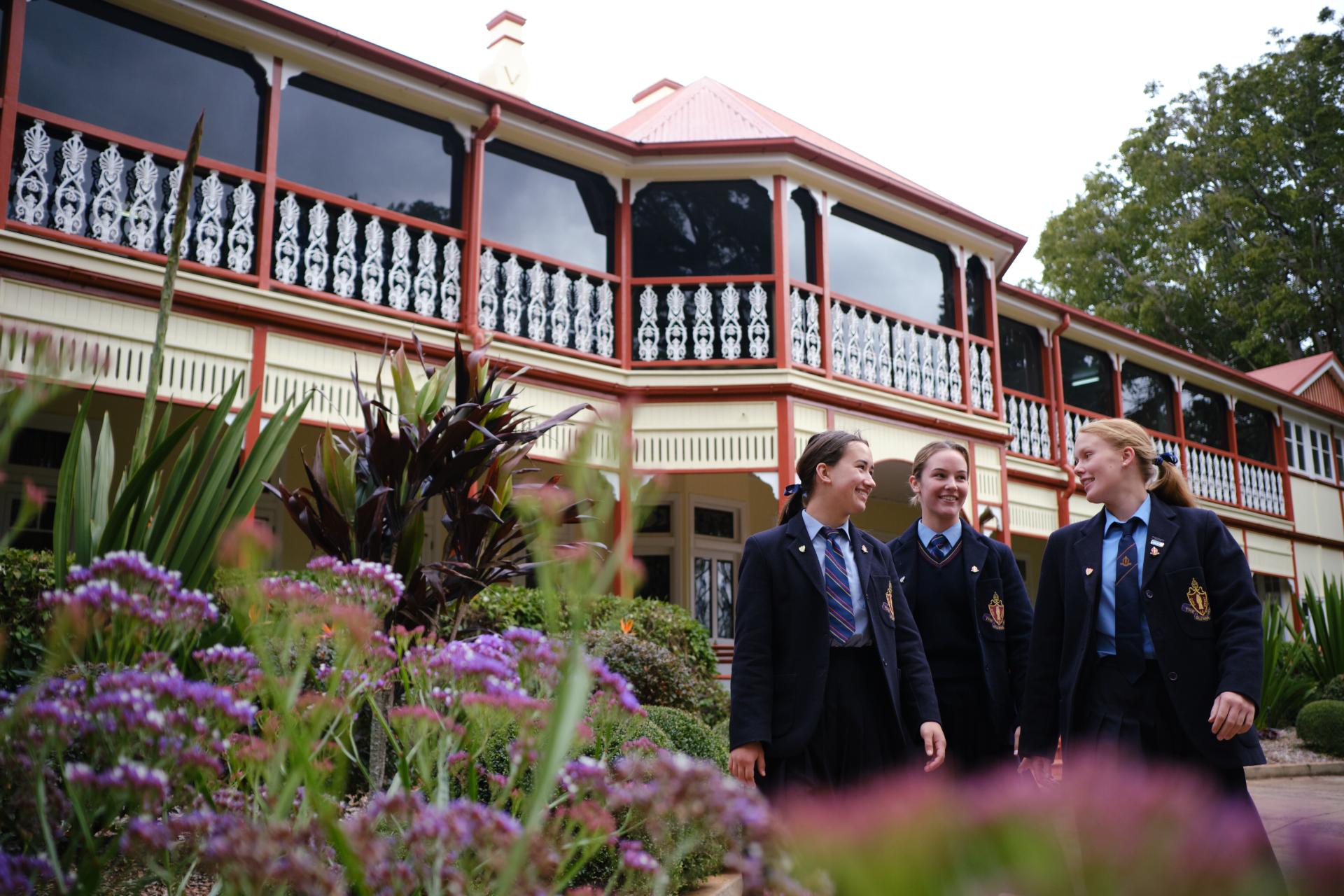
School term dates
The school year in Queensland runs from late January to mid-December. It is divided into four terms in total, with breaks for Easter, winter, spring and summer/Christmas holidays. All government schools follow a set of annually determined term dates, while private school term dates may vary slightly.
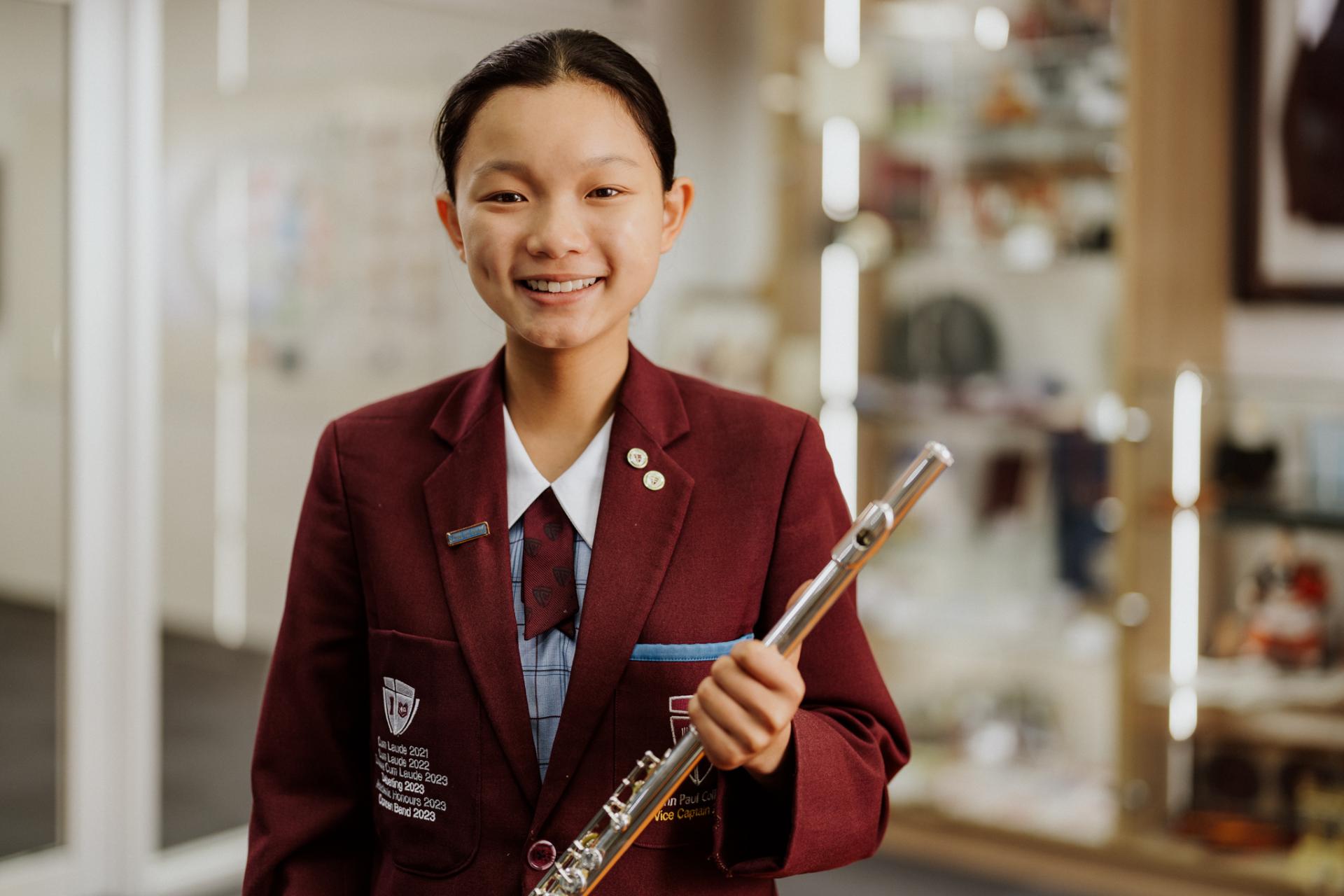
Dedicated support systems for students
Every Queensland school has its own support services to accommodate their students’ individual needs. These might include counselling, special education programs and language support for non-native English speakers. Schools also have resources for students with disabilities and learning difficulties. For international students, additional support includes orientation programs, academic assistance, cultural-integration activities and more.
Choosing the right school in Queensland
When choosing a school in Queensland, you’ll want to consider things like the school’s recent academic performance, its on-site facilities, extracurricular programs, as well as support services. Doing a school tour and attending open days can be very helpful, as can speaking with teachers to get greater insight into how the school operates.
You may also want to consider the school’s location and its catchment area, as well as how it aligns with your child’s interests and educational needs. Online resources and a school’s directory can be helpful when making your decision. Be sure to take note of when enrolments close for your preferred school.

